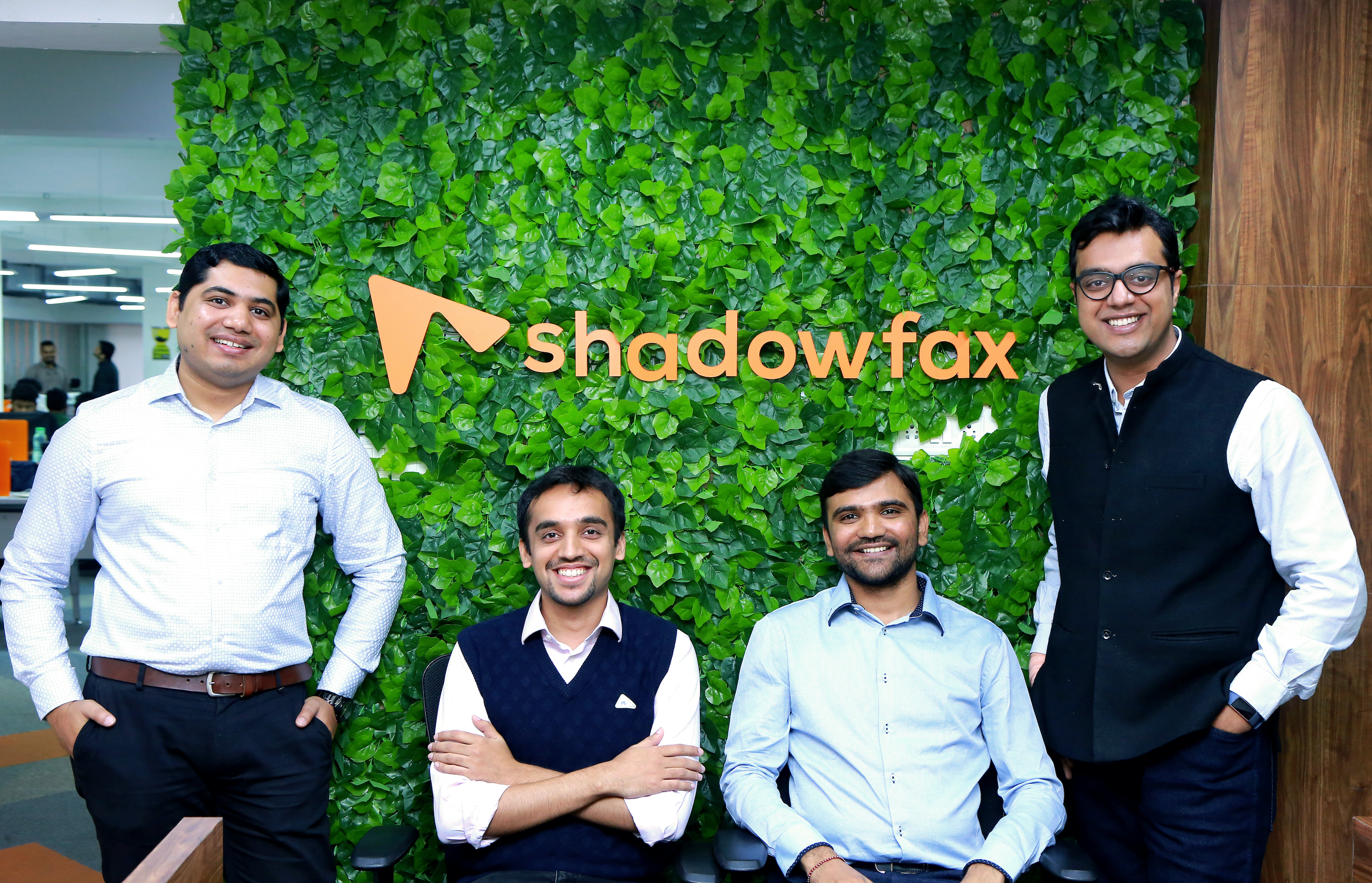Walmart’s Flipkart has backed Indian startup Shadowfax in a new $60 million financing round as the retail giant works to strengthen its logistics network in the nation.
Flipkart led the Series D financing round for the four-year-old Bangalore-based startup, Shadowfax co-founder and chief executive Abhishek Bansal told TechCrunch in an interview.
Existing investors Eight Roads Ventures, Nokia Growth Partners, Qualcomm Ventures, Mirae Asset-Naver Fund and World Bank-backed IFC also participated in the round, which brings the startup’s total raise to date to $100 million.
The new round valued Shadowfax at about $250 million, two people familiar with the matter told TechCrunch. Flipkart alone contributed about $30 million to the round, they said. The startup declined to comment on the valuation and individual contribution of its investors.
Shadowfax operates an unusually built business-to-business logistics network in more than 300 cities in India. The startup works with neighborhood stores to use their real estate to store inventory, and a large network of freelancers for the delivery.
“Anyone with a bicycle or a bike or a truck can join our platform and deliver items for us,” said Shadowfax’s Bansal. The startup, which also has set up its own warehouses and fulfillment hubs, currently processes more than 10 million deliveries a month.

“So we have not built any assets on the ground. We are essentially bringing the inefficiency of the market on to the platform and catering large enterprises,” he said.
This logistics network handles goods in a range of categories, including hot food, grocery, fashion and e-commerce.
“It’s a very reliable logistics network. And each grocery store is only serving to users in a kilometer radius, so the delivery could be incredibly quick. These grocery stores, whose staff also participate in delivery, only have to work with us for a few hours in a day. It’s an easier way for them to make extra money,” he said. The platform has amassed more than 100,000 delivery partners.
Flipkart, which is one of Shadowfax’s “hundreds” of clients, said it will explore ways to strategically work more closely with the startup going forward. Flipkart chief executive Kalyan Krishnamurthy said Shadowfax will help the company “significantly reduce delivery time and provide superior customer experiences across product categories.”
He added, “by leveraging kirana stores and the deep delivery capabilities of Shadowfax and other Flipkart-led innovations, we are building a strong foundation to make inroads into a dynamic hyperlocal consumer market.”
Flipkart owns stake in a range of logistics firms, including freight service operator Blackbuck and parcel-delivery locker service QikPod. E-commerce firms across the globe are increasingly attempting to assume better control over their logistics. Chinese giant Alibaba said last month it was pumping an additional $3.3 billion into Cainiao, a logistics firm it co-founded. In recent years, it has increased its stake in other logistics firms, including STO Express, ZTO, YTO and Best Logistics.
Logistics space is increasingly seeing more attraction in India as a new wave of startups attempt to address the inefficiencies in the sector. In late October, Prosus Ventures led a $40 million round in logistics startup Elastic Run.
Like Shadowfax, Elastic Run is also tapping the millions of mom and pop stores that dot large and small cities, towns and villages in India and have otherwise proven tough to beat for e-commerce giants and super-chain retailers.
Shadowfax’s Bansal said the startup will use the fresh capital to expand its network across India, especially in smaller cities and towns. The startup also aims to grow its team and tech infrastructure, and increase the number of clients it serves to handle more than 100 million shipments a month.
As Shadowfax’s network grows, the startup is already beginning to think of ways to expand its business. One of those things is just disrupting how fast an item could be delivered to a customer, which Bansal said could inform the startup to service more categories such as meat and perishables. “Currently, when customers purchase a smartphone from an online shopping website, the delivery takes a day or two. We can deliver it in an hour,” he said.
That’s music to Flipkart’s ears. Smartphones are some of the hottest-selling items for the India’s largest e-commerce giant and it is also looking to enter the food retail business.
